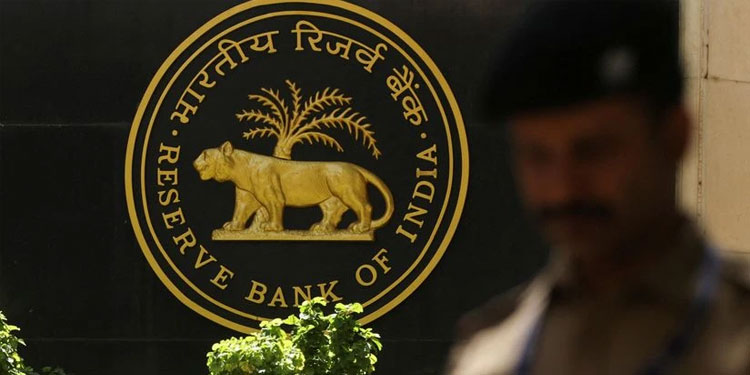
Blockchain is a consistently increasing pack of encrypted transactions called blocks. A block may be made up of any type of data that are unique digital identifiers of tangible assets.
The plan put forth by ten banks, under the backing of the Indian Banks Association (IBA), intends to change the NPCI for the better by deploying distributed ledger technology.
The NPCI, an association of institutions that manages retail payments and settlement systems in India and comprises 56 national banks as stakeholders, was established with the advice and backing of the Reserve Bank of India and the IBA. The NPCI will concentrate on advancing blockchain tech in the payment sector and improving digital transactions.
NPCI defines its objective as follows:
“NPCI intends to develop a resilient, real time and highly scalable blockchain solution. It is proposed to develop this solution using an open source technology/ framework/solution.”
NPCI also requested an Express of Interest (EOI) from interested parties to propose their ability to build distributed ledger based on blockchain in the payment sphere.
NPCI has invited bids for choosing Liaisoning Consultant (LC) for the obtaining several end-to-end statutory permissions for building of Captive Data Center (CDC) in Chennai and Hyderabad. NPCI provides facilities such as cheque clearance and also electronic payments. The organization created the country’s instant payment system named Unified Payments Interface (UPI). The official figures suggest that the value of UPI transactions was Rs.1.33 lakh crore (~$20 billion) in March 2019 from a mere Rs. 3.10 crore (~$0.50 million) in August 2016.
Back in July 2018, five main banks representing each BRICS (Brazil, Russia, India, China and South Africa) member, signed a Memorandum of Understanding (MoU) on the advancement of distributed ledger technology for boosting the digital economy.
Likewise, in last fall, blockchain experts held discussions during the Money 20/20 conference held at Las Vegas, highlighting the importance of blockchain technology and the manner in which it is going to overhaul the conventional payment systems.